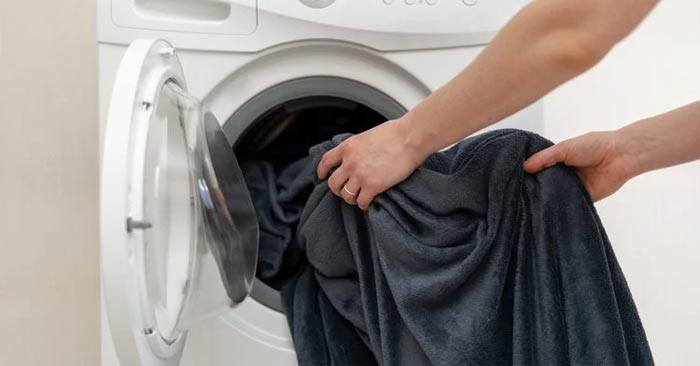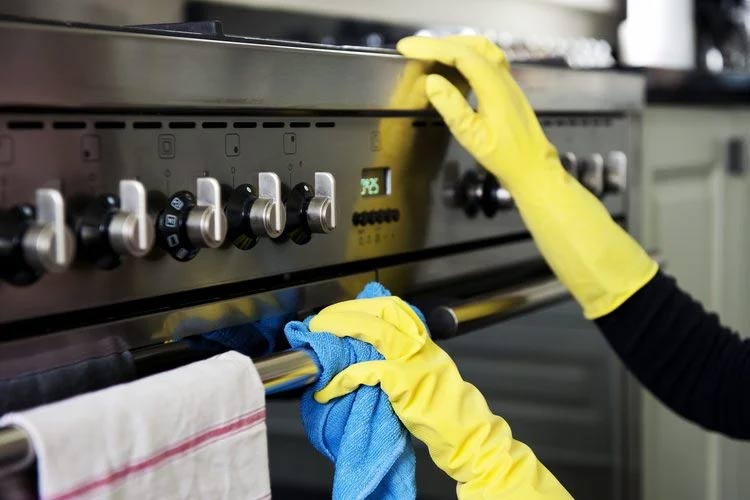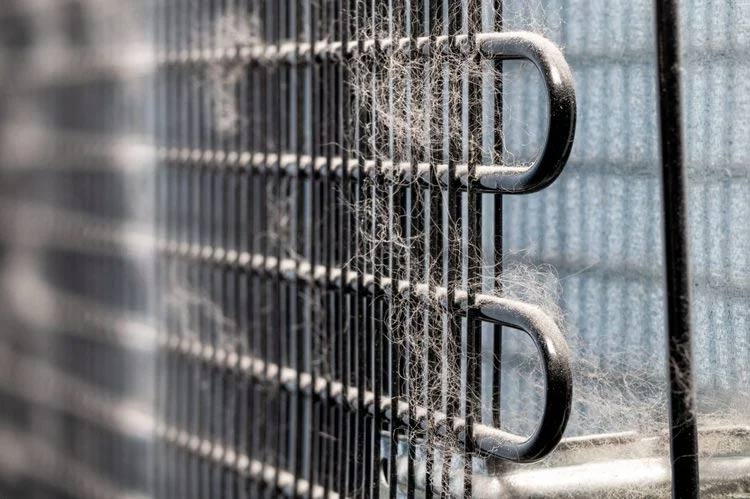To ensure the longevity of your household appliances, it’s crucial to use them according to the manufacturer’s guidelines. However, not everyone adheres to these instructions. Below are the most common mistakes people make when using household appliances.
Common Mistakes to Avoid When Using Household Appliances

Overloading the Washing Machine
This is one of the most common and costly mistakes when using a washing machine. Overloading can lead to worn-out bearings or a damaged drum support. When this happens, you’ll likely need to replace the entire machine. This oversight can cost you hundreds, if not thousands, of dollars.
To prevent this:
- Avoid washing bath mats. They absorb too much water, putting excessive strain on the motor.
- Avoid washing heavy blankets. These items damage the machine faster than anything else.
- Avoid washing rugs, pet blankets, sleeping bags, duvets, and other bulky items, as they become extremely heavy when wet and can quickly cause malfunctions.
Neglecting Dryer Vent Cleaning
This mistake can have severe consequences, as it poses a fire hazard. When lint clogs the dryer vent, hot air cannot escape properly. If the dryer overheats, it can trigger a safety device called a “high-limit switch”, which acts like a fuse and cuts power to the heating element. Replacing this component is expensive.
In the worst-case scenario, lint buildup in the dryer cavity can ignite, leading to a fire caused by gas flames or electrical components.
Prevention tips:
- Clean the lint filter after every drying cycle.
- Every six months, clean the vent using a dryer vent brush.
Overusing the Oven’s Self-Cleaning Feature
This can do more harm than good, potentially damaging your oven. Self-cleaning temperatures can reach up to 1,000°F, which is hot enough to burn off grease and food residue but also risks melting heating elements, warping heat shields, damaging electronics, and causing other issues.
Instead:
- Avoid relying on the self-cleaning feature. While it may work occasionally, it often leads to costly repairs requiring professional intervention.
- Opt for manual cleaning. It requires some effort but is faster and safer than self-cleaning.

Not Pre-Rinsing Dishes Before Loading the Dishwasher
Yes, you should rinse dishes before loading them, but there’s no need to remove all food residue. Simply scrape off large chunks. Leaving some food particles helps activate the enzymes in the detergent for better cleaning.
For spotless dishes and optimal dishwasher performance:
- Rinse off large food remnants from dishes, utensils, and pans. Failure to do so can allow debris to enter the pump, clogging spray arms and nozzle holes. Over time, this reduces the dishwasher’s effectiveness and can lead to drainage issues, ultimately shortening its lifespan.

Ignoring Refrigerator Coil Maintenance
Every six months, clean your refrigerator coils. These coils expel heat from the fridge. When covered in dust and pet hair, they can’t dissipate heat efficiently. This forces the compressor to run continuously, increasing energy consumption and raising your electricity bill. It also shortens the compressor’s lifespan, necessitating an earlier replacement.
- Locate the coils. Depending on your fridge model, they may be on the back, underside, or behind a lower back panel.
- Use a refrigerator coil brush to clean them thoroughly.
































